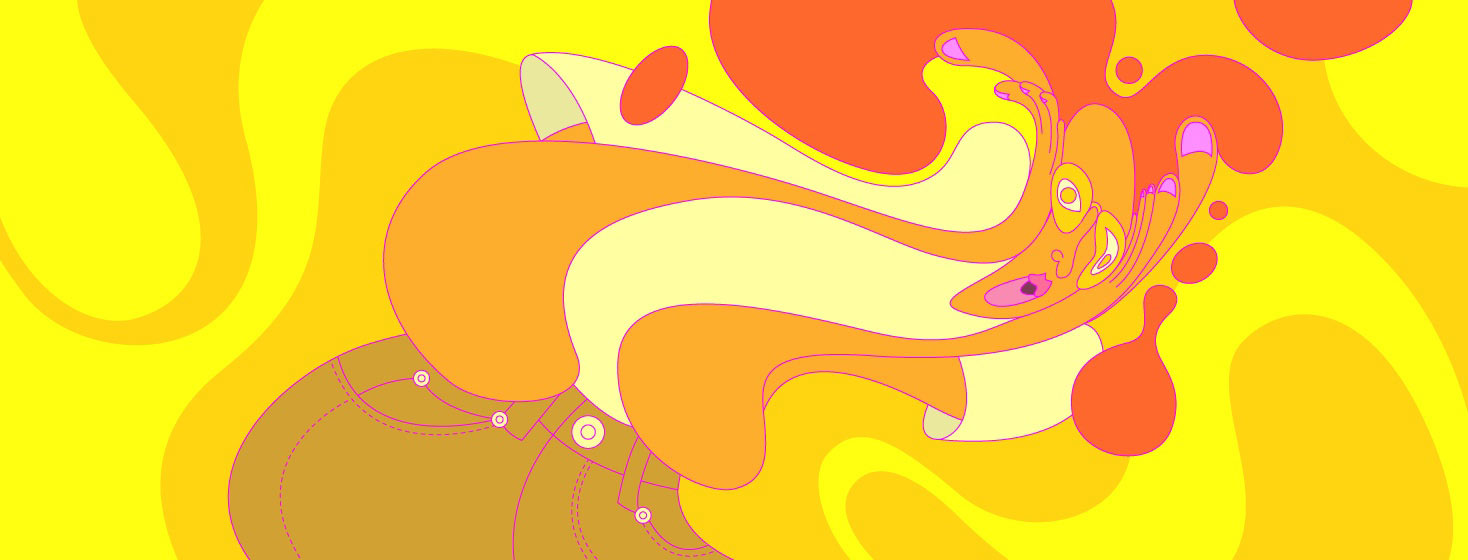Recreational and HIV Drug Interactions
Some people who live with HIV also use drugs recreationally. But most people with HIV do not realize the added risk of interactions between prescribed and recreational drugs. Certain recreational drugs pose a significant risk when taken by someone who is also on HIV drugs.1,2
Most people are familiar with the risks recreational drug use poses. They include:
- Health problems
- Sleep issues
- Dependence
- Addiction
- Accidents
- Injury
A 2021 study among people with HIV revealed that nearly half of the people who participated in the study had been hospitalized or treated for drug use. Less than 10 percent of the study participants knew that using recreational drugs could cause problems with their HIV treatment plans.1,2
What are drug interactions?
Living with a chronic illness like HIV means taking various drugs to manage the disease. Drug interactions occur when 2 or more drugs are taken together to impact the intended use. A drug may be less effective. You might experience new or severe side effects.3
Interactions can occur between multiple prescription drugs. They can also happen when you mix the drugs your doctor prescribes with recreational drugs.3
Boosting agent drugs and antiretrovirals
Boosting agent drugs work alongside other antiretrovirals. The 2 most common are cobicistat (Tybost®) and ritonavir (Norvir®). Boosting agents slow the liver's breakdown of the primary antiretrovirals. The boosting agent increases the antiretroviral's effectiveness. The antiretroviral remains in the body longer at higher levels.3
Boosting agent drugs and recreational drugs
Boosting agents also slow the breakdown of recreational drugs. The recreational drug stays in the system longer. It breaks down more slowly. Interactions can lead to:3
- Overdose
- Dangerous side effects
- Death
Complications of boosting agents and recreational drugs can affect your:3
- Heart
- Liver
- Blood pressure
- Bile ducts
Which recreational drugs interact?
Certain recreational drugs pose a greater risk of interaction than others. The risk of interaction with boosting agents is higher for:
- Cocaine
- Crystal methamphetamine
- MDMA or ecstasy
- Ketamine
- GHB
- Fentanyl
- Mephedrone
- Erectile dysfunction drugs
- Benzodiazepines (for example, Valium®)
The risk of interaction with boosting agents is lower for:
- Alcohol
- Heroin
- Opioids
- Poppers (psychoactive drugs)
Remember: lower risk does not mean zero risk.
There is no clear consensus on how cannabis interacts. Recent studies have shown some interaction, but earlier studies did not.3
Other HIV drugs and recreational drugs
Other HIV drugs also interact with recreational drugs. Non-nucleoside reverse transcriptase inhibitors (NNRTIs) prevent cells from correctly copying the HIV’s makeup (RNA) into DNA. The body uses and absorbs NNRTIs differently from boosting agents.
Taking an NNRTI with recreational drugs poses a risk. Higher levels of cannabis and cocaine are present when taken with NNRTIs. Erectile dysfunction drugs and ketamine are lower. Mephedrone, methamphetamine, MDMA, GHB, and poppers have no known interactions with NNRTIs.
NNRTIs currently approved by the US Food and Drug Administration (FDA) with known interactions include:3,4
- Efavirenz (Sustiva®)
- Etravirine (Intelence®)
- Nevirapine (Viramune®)
- Rilpivirine (Edurant®)
Sexual contact and recreational drugs
People often use drugs recreationally as part of sexual activity. Recreational drug use can impair your judgment and cause a person to take more risks. For example, compromised cognition might mean a person may skip using a condom. This increases both partner's risk for:3,5
Treatment compliance
Recreational drug use has been linked to poor treatment compliance. When people with HIV use recreational drugs, they are less likely to follow their treatment plan. They might sleep through their treatment doses. Lack of compliance with treatments makes it even more challenging to manage your HIV.3
Talk to your doctor
If you use drugs recreationally, review your treatment plan with a doctor. They can tell you if specific prescription drugs you take have a high risk of interacting with other drugs. There may be adjustments they can make to your treatment to lower those risks. Doctors can also recommend programs to help with quitting recreational drugs.1-3,5

Join the conversation